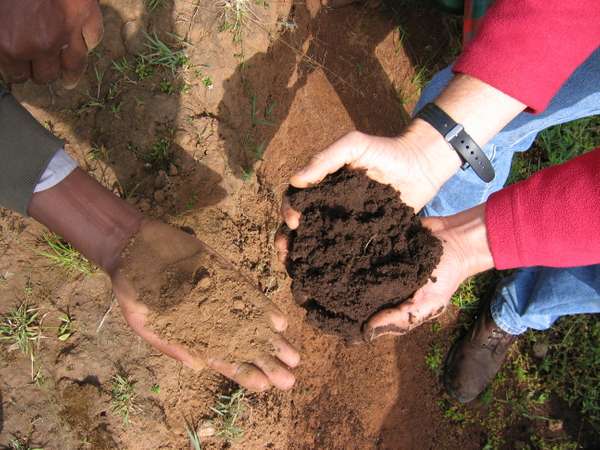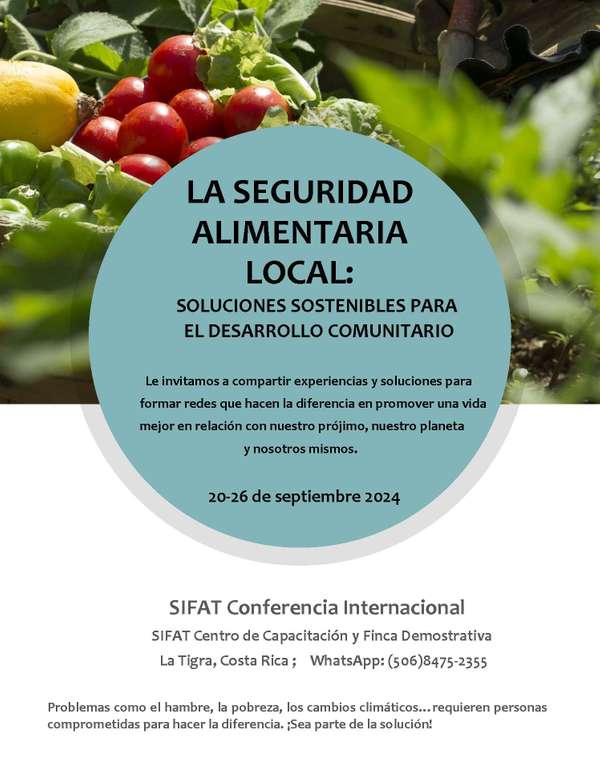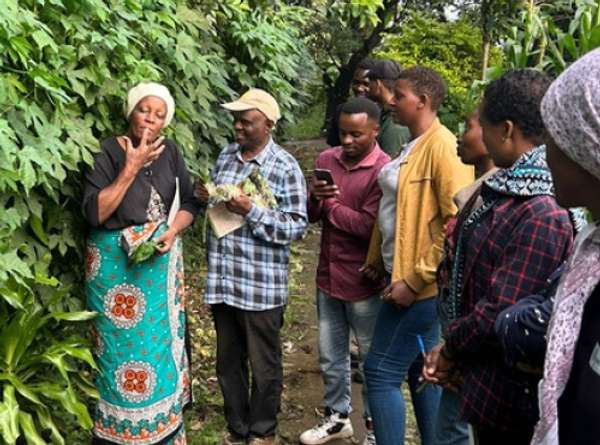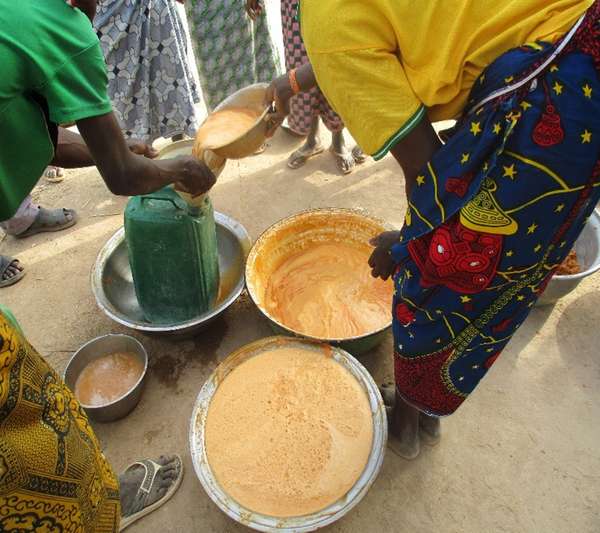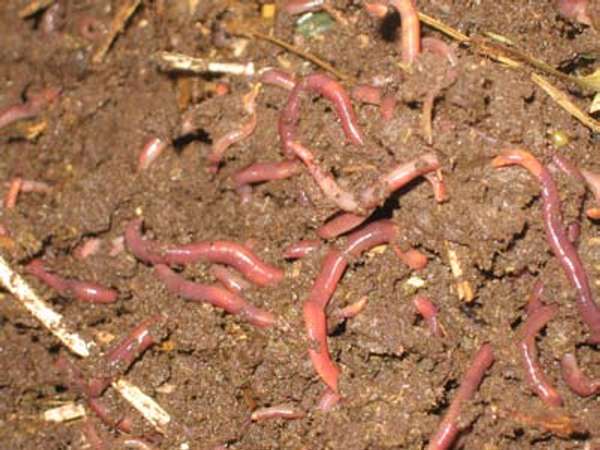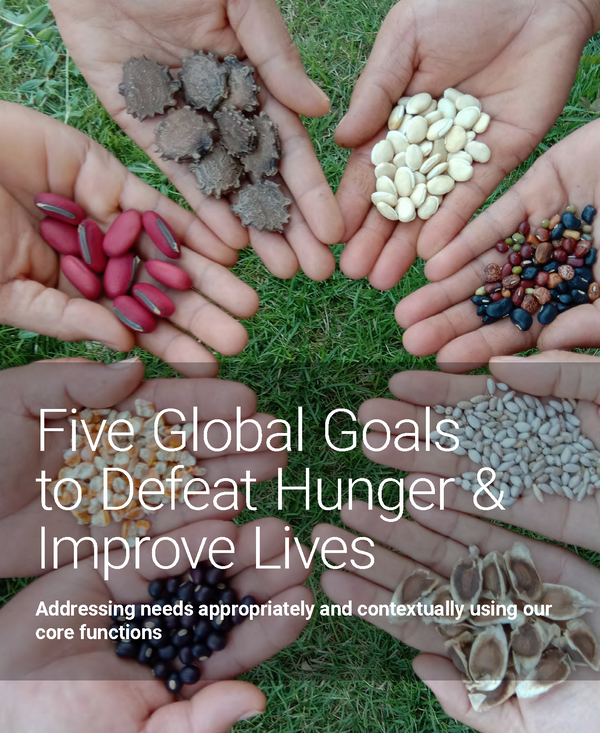ECHOcommunity Updates
Faith & Farming for Community Engagement Workers: A LEAD Community of Practice Event 2024-09-10
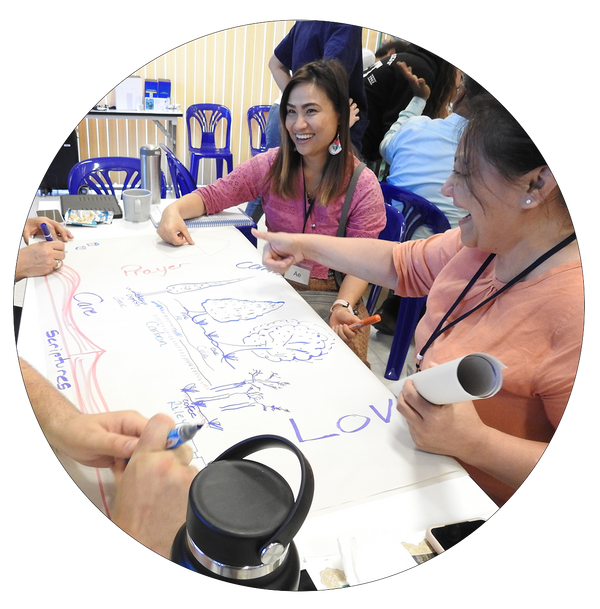 Join us in February for a collaborative training event with Faith and Farming and ECHO!
Join us in February for a collaborative training event with Faith and Farming and ECHO!
By the end of the event participants will have...
-
A basic understanding of the connections between Faith and Farming,
-
Understand the implications of working the land in a sustainable way,
-
Seen firsthand a selection of sustainable farming techniques demonstrated at the ECHO Global Farm,
-
Begun to plan what their next steps are for incorporating their learning into their own work and context.
For more details about this event click the link below. Early Bird rate ends September 28th!
ECHO Asia Introduction to Soil Science 2024-08-29
Are you interested to learn more about the basics of soil science? ECHO Asia put together an instructional series to help those starting in agriculture to get a deep dive into the basics of soils and the specifics of soils in the tropics! This 4 part training gives a broad overview and introduction to some basic soil characteristics: phases (solid, liquid, gas), texture, density, structure, reaction (pH), plant-water relationships, organic matter, biology, and nutrients.
La Seguridad Alimentaria Local: soluciones sostenibles para el desarrollo comunitario 2024-08-29
20-26 de septiembre, 2024 | La Tigra, Costa Rica
Le invitamos a compartir experiencias y soluciones para formar redes que hacen la diferencia en promover una vida mejor en relación con nuestro prójimo, nuestro planeta y nosotros mismos.
Problemas como el hambre, la pobreza, los cambios climáticos…requieren personas comprometidas para hacer la diferencia. ¡Sea parte de la solución!
Whatsapp: (506) 8475-2355
ECHO International Agriculture Conference Speaker Highlight: Erwin Kinsey 2024-08-20
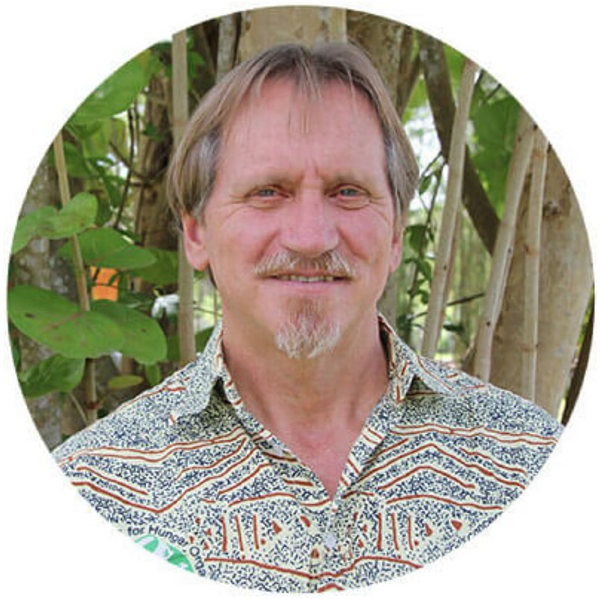 Erwin Kinsey
Erwin Kinsey
Director ECHO East Africa
Erwin Kinsey, ECHO East Africa Director, holds a BSc in Animal Science from the University of Vermont and MSc in Rural Development from the University of London School of Oriental and African Studies. He worked for 30-years with Heifer International in Tanzania assisting over 30,000 families with livestock and training, and pioneering in-kind credit whereby female livestock offspring and training were passed on to neighboring project farmers. For five years he directed the diversification of Global Service Corps Tanzania’s food security interventions and since 2012 has worked with ECHO to foster wider sharing of sustainable agriculture and food security innovations across the region.
Presentation Title: Best Practices in Promoting livestock Among the Poor
November 12-14 | Fort Myers, FL
EIAC Poster Invitation and Research Roundtable 2024-08-13
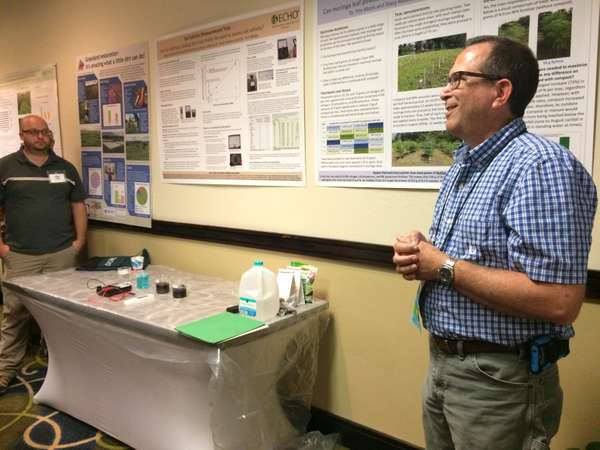 EIAC Poster & Research Roundtable Invitation
EIAC Poster & Research Roundtable Invitation
At this conference, there are several ways to share your experience and expertise with other conference delegates! Outside of sharing a breakout session or workshop, you can share your research, development project, or crop evaluations through a poster or through conference proceedings. Please see our Guidelines page for details and to submit your poster or proceedings abstract!
There will be a research roundtable on Monday, November 11th from 10 am to 3 pm for those interested in research and able to arrange their own transport to the farm. Let us know if you'd like to be a part of this event (no additional cost).
Member Highlight: Mama Shujaa's Journey with ECHO East Africa 2024-08-06
by Brianna Medina, Lola Teer Beast, Roberto Fortunato, Joyce Nambaso, and CharlesBonaventura
In the heart of Meru district, Elinuru, or as most people call her "Mama Shujaa" translated from Swahili as “warrior woman” stands as a beacon of resilience and sustainability, embodying the spirit of change within her community. Mama Shujaa's introduction to ECHO came years ago during a transformative training session on perennial vegetables. Inspired by the possibilities these resilient crops offered, she became a fervent advocate, transforming her own garden into a living example of sustainable agriculture. Mama Shujaa firmly believes in the transformative potential of youth. She advocates for integrating environmental education into the school curriculum, empowering the next generation to confront climate change head-on. Her vision is simple yet profound: every child should learn not only how to grow a tree but also how to tend to their own gardens at home. Through these encounters, Mama Shujaa amplified her voice, advocating for sustainable practices and the empowerment of women in agriculture. As she aptly puts it, "The only way to make long-term changes is through education," a philosophy that continues to guide her journey towards a greener, more sustainable future for generations to come.
EDN #165 Now Available 2024-08-01
In this issue
- Towards the use of Biopesticides
- Echoes from our Network: Fall Armyworm Question and Answer with Dr. Allan Hruska, Ph.D.
- From ECHO's Seed Bank: Cucurbita Mochata 'Thai Kang Kob'
- Open-source Journals: The Journal of Agriculture of the University of Puerto Rico and Ag4Dev
Towards the use of biopesticides
Hassan Djebro
Excerpt:
Chili, garlic, onion, and neem almond powder biopesticide: This is a broad-spectrum biopesticide based on chili, garlic, onion, and neem powder, each containing active ingredients to combat pests. The product is effective against insects such as whiteflies, caterpillars, locusts, termites, ants, and aphids. This biopesticide can also be used to treat chicken fleas in local chicken flocks.
Join the Conversation: Vermiculture Systems 2024-07-23
An ongoing ECHO Conversation has been happening around your experience with verimcomposting (worm farming). Do you have experience in trying to cultivate worms? Have you had success or failures you'd be willing to share with the wider ECHO Community? We are excited to learn from what you have to share!
September TAD II: Food Forests, Garden Design and Planning 2024-07-16
.jpg?w=600) Sign up for our TAD II class in September! Early Bird prices end August 1st.
Sign up for our TAD II class in September! Early Bird prices end August 1st.
This is a five day, hands-on course that will focus on food forests and garden design. By taking this course you will learn how to design and start a food forest in your own backyard. Participants will walk through the design process with professional designers, starting from setting goals, surveying the piece of land, building a base map, considering earthworks, and creatively designing around constraints.
ECHO Global Goals: The Next 5 Years 2024-07-09
As ECHO continues to grow and evolve in a dynamic global landscape, we have developed a cohesive framework for setting biennial plans across our diverse Regional Impact Centers (RICs). This seminal document shares with you - our Network - our vision, mission, and motivation, the 7 unique benefits that differentiate ECHO to meet critical needs worldwide, explains the core functions of ECHO's strategy, and details the 5 global goals of our next 5 years of operation.
We are excited that you chose ECHO to equip and encourage you in your work with or as a smallholder farmer. Please read this important shared resource as we co-create options for thriving at the individual and community level around the world!
Download the 2024-2029 ECHO Strategic Framework
